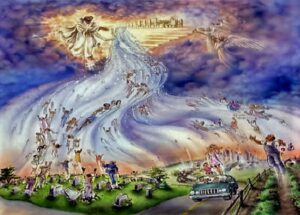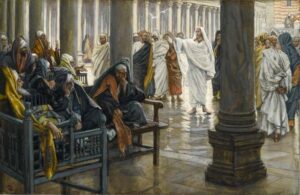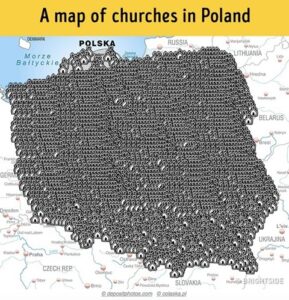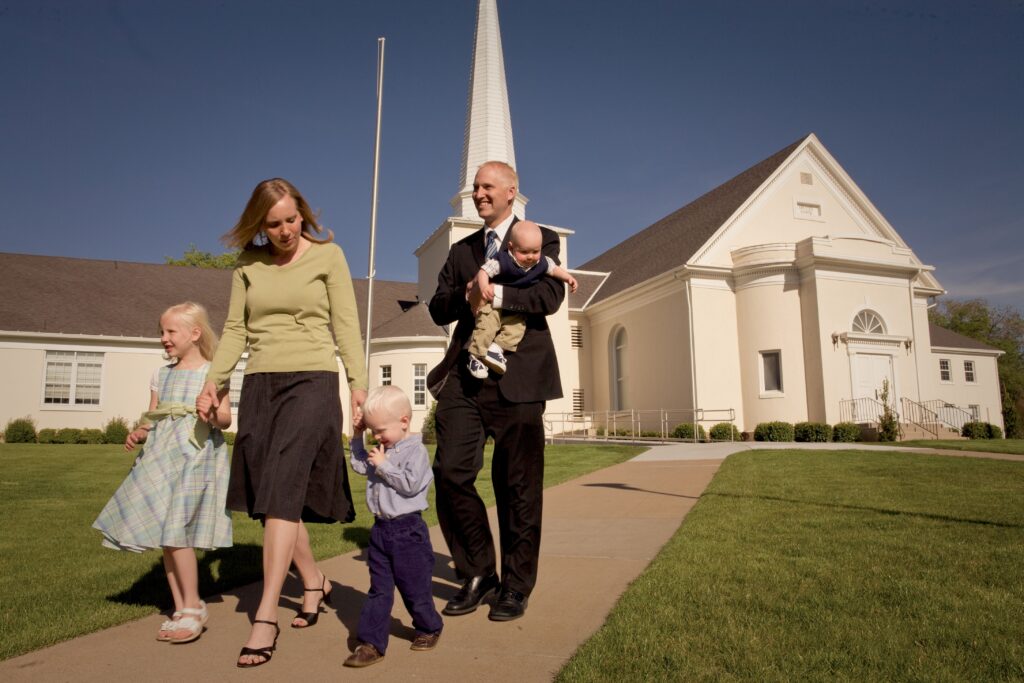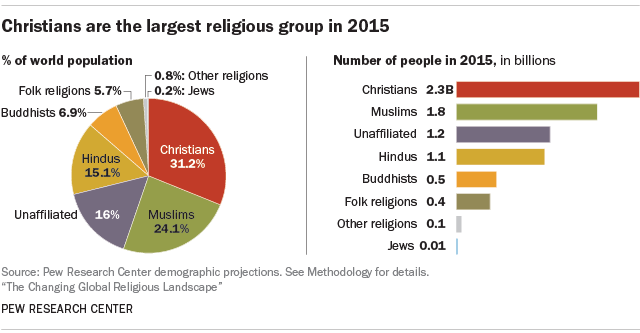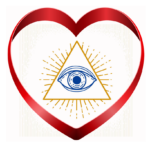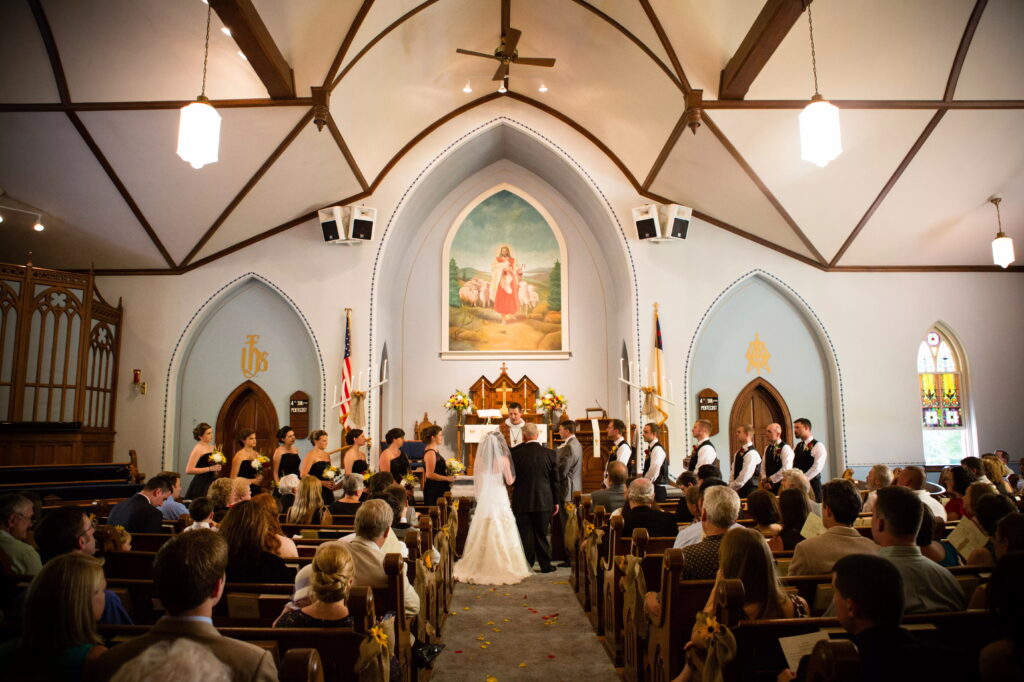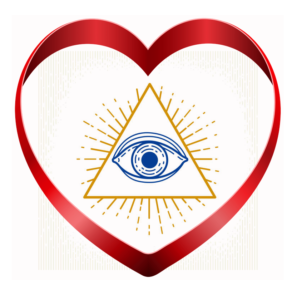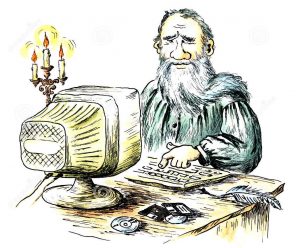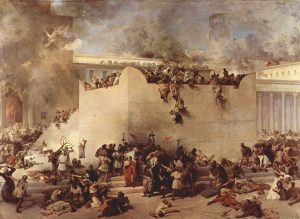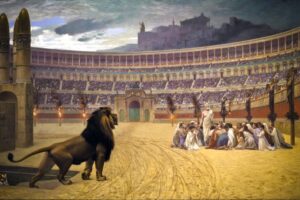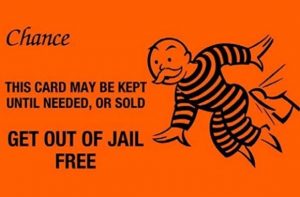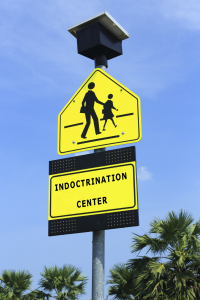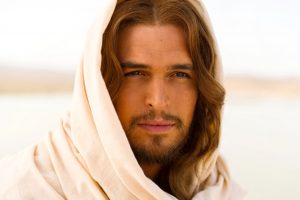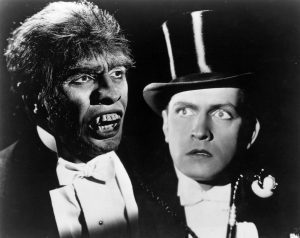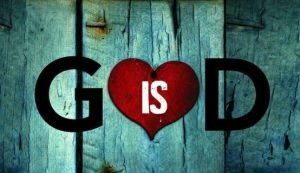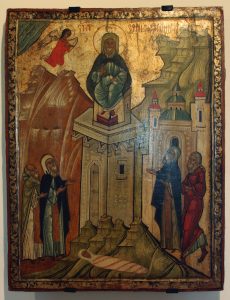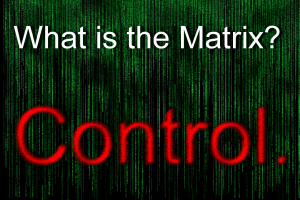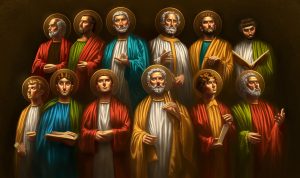For many years I have prided myself on calling my belief system “fundamental Christianity.”
The concept of fundamentalism has bad connotations today. The media love to use them wherever they talk of terrorist attacks so sometimes it sounded better for some people when I called myself “orthodox” instead of “fundamentalist” , and although these words are similar in meaning, are not identical.
Fundamentalism emphasizes fidelity to the foundations of something, and religious fundamentalism would mean fidelity to certain foundations of faith. Orthodoxy – from Greek – means exactly “good faith”. In practice, movements claiming to be orthodox tend to pay more attention to the doctrine itself -the principles of their faith, while those that claim to be fundamentalist tend to focus on how beliefs are to manifest in everyday life.
Simply put, orthodoxes will argue over which Bible translation is better, and fundamentalists will argue whether women should wear pants and men should wear long hair😺
This is of course a huge simplification and theoretically orthodoxy and fundamentalism mean more or less the same, I just wanted to introduce both terms a bit and explain that a fundamentalist does not mean a terrorist and an Orthodox does not mean a member of the Orthodox Church (Orthodox is a word that is a literal translation of the word “Orthodox”).
For many years, therefore, I prided myself on my orthodoxy … I considered myself better, because I adhered to the principles that God had set, and others … did not.
At the same time, I had an interesting phenomenon during my disputes with atheists or “dissenters” – I was terribly nervous. It happened that one of the atheists I knew expressed his opinion andI got so nervous that my voice started shaking and I felt like passing out!
After years of learning about myself, I’ve learned that emotions are generally the way most of our mind – the subconscious – communicates with us. They tell us that something is wrong.
There were many logical inconsistencies in my beliefs, many things didn’t make sense, but I tried not to think about them, and I felt great talking to people who shared my opinions, but when someone expressed something else – I felt threatened because more than once this opinion was more consistent and logical than mine.
And suddenly I understood.
Orthodoxy is impossible.
To be orthodox, one must adhere to the principles of “good faith” – and the problem is that there are almost as many types of faith with all its dogmatic nuances as there are followers.
And what I believed in was not the result of my search for God, but only what I heard from someone else.
The “someone else” initially was my parents and the church to which I was forced to attend regularly, and then different people, the ones I met or the authors of books, who were able to convince me of their opinion. In any event, my need to belong to a certain group – something built into each individual – kept me focused on repeating clichés, completely excluding critical thinking.
I also realized that my beliefs were shaped by my surroundings – whether we like it or not, we constantly experience a brainwashing, trying to make us believe in someone else’s opinions and views.
Neither my parents nor any of the people I know encouraged me to rediscover anything. On the contrary. When I participated in Bible study groups and had different opinions than should have, I had only two options – either to stand on the perch and perhaps be called a heretic, and maybe even be expelled from the community, or … pretend to myself that I was wrong , and agree with the rest.
Fortunately, I have a kind of rebel in my genes and, slowly, slowly, I rejected everything I was told to believe, but it took me several dozen years before I really started to think for myself in the field of religion.
Of course, I am not able to define with certainty which of my views were not heard somewhere – with the flood of information from all sides today it is really difficult to say or think something completely original – nevertheless I do not identify myself fully with any philosophy, any current, any theory .
Let me say that again – orthodoxy is impossible.
In order to find out which set of beliefs is the best, we would first need to know all the religions of the world very well … which is probably as feasible as learning all the languages currently spoken worldwide 😹
We may of course have a set of dogmas that seem most consistent and logical to us, but we must remember that this is not the best faith in the world – only the best for us . It does not give us the right to be above others because we have to remember that we owe our beliefs largely to the place where we grew up.
We can debate whether the Catholic Church or one of the Protestants is better, but if we were born in Egypt, our only dilemma would almost certainly be whether it is better to belong to Shi’ites or Sunnis.
Many scientific theories can be tested experimentally, but faith is not one of them.
During my theological studies I learned that I was an evangelical Christian professing post-tribulation pre-millennialism – these views seemed to me the most correct at that time. I also believed strongly in the so-called rapture – the view that at some point Christ would literally “snatch” His people to heaven and only unbelievers would remain on Earth. I was convinced that this was what Jesus and the apostles taught. The brutal truth was different – this view was formed only in the nineteenth century by a certain John Nelson Darby, and the whole doctrine is based on one and only phrase from 1 Thessalonians.
I have stopped describing myself with any labels, especially that almost all of them are understood differently by different people. Even the term “Christian” for a hundred randomly selected people will have 100 slightly different definitions.
So my orthodoxy, my “good faith” was not identical to that of the apostles!
Jesus and the apostles paid much more attention to how you should treat your neighbor, not what particular dogmas you believe in!
Remind all of this, bearing witness in the face of God, so that you do not fight for words alone, because it will be of no use, / will only be / to the death of the listeners. (2 Tim 2:14)
Blind guides who strain out a gnat and swallow a camel! (Mt 23:24)
If Jesus’ mission was to create an organization in which everyone professes identical dogmas, he would probably write them down in points, clearly and without leaving room for many interpretations. Jesus, on the other hand, quoted the commandments almost only when He wanted to show that those who shout the commandments loudest, obey them least.
He said that he was the Son of God (John 3:18) but also the Son of man (Matthew 19:28); He said “I and the Father are one” (John 10:30) but also said that the Father is greater than He (John 14:28). In general, every Christian tries to understand it somehow, and there is nothing wrong with it, but it is wrong if we put our understanding above others and call them fools or heretics.
Unfortunately, it doesn’t end there, and as history shows, doctrinal differences led to wars and genocide.
Maybe you also profess post-tribulation premilenialism? Or maybe dispensational? Maybe you recognize that post-millennialism is real?
That’s great! However, you fool yourself if you think you are definitely right and others are wrong.
Your views are your views. Many of them, maybe most, may change someday. And what?
God loves heretics.
Jesus was one hundred percent heretic – he preached things different from any religious group that existed at that time.
Paul describes it beautifully in Romans 14. This is one of my favorite Bible passages, although it is rarely discussed in the churches… Think why.
I will end with a few fragments of it.
Who are you who dare to judge someone else’s servant? (…) Let everyone hold on to his conviction (…) So why do you condemn your brother? Or why do you despise your brother? … And keep your own conviction to yourself before God. (Rom 14)





